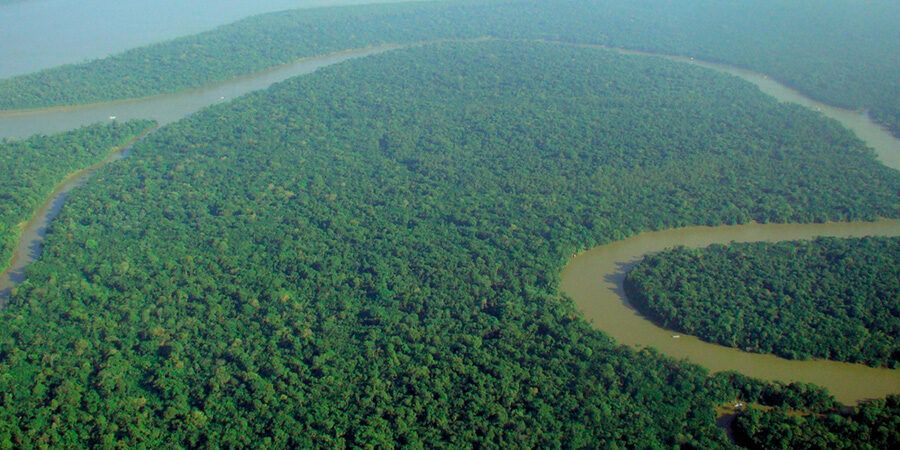A former senior federal police chief has warned that the rapid advance of organised crime groups in the Brazilian Amazon risks turning the region into a vast, conflict-stricken hinterland plagued by heavily armed “criminal insurgents”.
Alexandre Saraiva, who worked in the Amazon from 2011 to 2021 expressed concerns that the growing footprint of drug-trafficking mafias in the region could spawn a situation similar to the decades-long drug conflict in Rio de Janeiro, where the police’s battle with drug gangs and paramilitaries has claimed tens of thousands of lives.
“I experienced how the state lost control of public security in Rio de Janeiro,” Saraiva was quoted as saying. “And in the Amazon today – if nothing is done in terms of public security – we are facing a continent-sized Rio de Janeiro, with the aggravating factors of borders with major drug producers and an extraordinarily difficult jungle setting.”
Saraiva warned of dire consequences for the rainforest and its inhabitants should criminal gangs be allowed to grow into powerful armies like the rebel factions in neighbouring Colombia.
“We will have criminal insurgents … [whose] ideology is money,” he said. “We will have areas of conflagration, of major conflict between groups which are fighting over areas of illegal gold and timber extraction. In the middle of this, we will have Indigenous victims. “We will face immense logistical difficulties in combating this,”.
Read also: Report: More than 800m Amazon trees felled in six years to meet beef demand
The warning is coming ahead of the first anniversary of the killings of the British journalist Dom Phillips and the Brazilian Indigenous expert Bruno Pereira, whose deaths exposed widespread environmental devastation and the growing reach of organised crime groups in the Amazon.
A year after their killings, 15 international news media organisations and more than 50 journalists have collaborated in a collaborative investigation into organised crime and resource extraction in the Brazilian Amazon, in an effort coordinated by Forbidden Stories, the Paris-based non-profit dedicated to continuing the work of reporters who are threatened, censored or killed.
Story was adapted from the Guardian.
